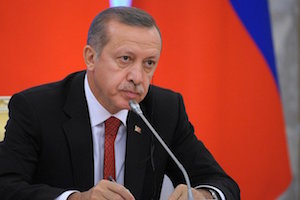Can Turkey Change?
By Halil Karaveli
July 16, 2018
Though not impossible, change remains an unlikely prospect in Turkey. Seen in a larger historical perspective, the switch from parliamentarianism to presidential rule represents less of a break with continuity than one would imagine. Similarly, the June 24 elections showed that Turkish electoral dynamics remain largely unchanged, even though the social democrat candidate Muharrem İnce’s campaign as well as his result did go some way in illustrating how these dynamics may ultimately change.
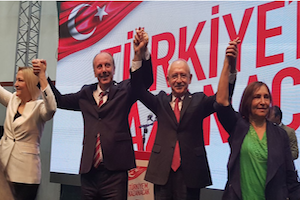
Illusion's End: Erdoğan and Turkey's Coming Economic Chill
By Gareth H. Jenkins
June 20, 2018
The rapid depreciation in the value of the Turkish Lira since the beginning of 2018 is the product not only of the collapse of any remaining vestiges of investor confidence in the regime of President Recep Tayyip Erdoğan but a symptom of the failure of the ruling Justice and Development Party (AKP) to address the long-standing structural vulnerabilities of the Turkish economy.
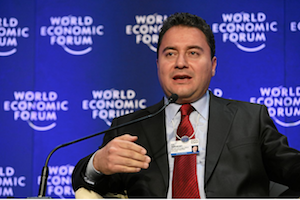
Will the Kurdish Question Secure Erdoğan's Re-election?
By Halil Karaveli
June 18, 2018
The Kurdish question may serve President Recep Tayyip Erdoğan, helping to secure his re-election. The election campaign has demonstrated that Erdoğan no longer energizes the masses; after fifteen years in power, the Turkish president shows every sign of being worn out. He is no longer an inspirational leader; he has nothing new to say or to promise. But Erdoğan nonetheless retains the loyalty of the AKP base. And as the spokesperson of the nationalism of the Turkish state he is assured of enough non-partisan support as well.
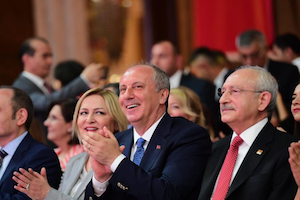
Social Democracy - The Way Out of Turkey's Impasse?
By Thomas Helm
April 16, 2018
A new focus on everyday economic and labour issues as part of a wider call for social democracy that transcends identity politics could serve as a new rallying cry in Turkish politics. At the moment there is a significant gap. While the ruling Justice and Development Party (AKP) continues to push its pro-business and anti-worker policies, the officially social democratic opposition party, the Republican People’s Party (CHP) has been reluctant to speak out against the widespread labour injustice, preferring to focus on issues of democracy and corruption. Social democracy as a broad coalition between lower- and middle-income groups that transcends identity politics would also help secure democracy in Turkey.
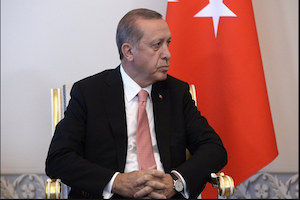
Momentum, Societal Militarization and Erdoğan's Forever Wars
By Gareth H. Jenkins
April 3, 2018
The conquest of Afrin in northwest Syria has boosted President Erdoğan’s popular support and raised expectations amongst his supporters at a time when they already believe that they are active participants in a sacred struggle. But, with Russia, Iran or the US expected to block any further attempts at major territorial acquisitions in Syria or Iraq, Erdoğan is running out of options and in danger of losing electoral momentum long before Turkey is due to go to the polls in November 2019.
